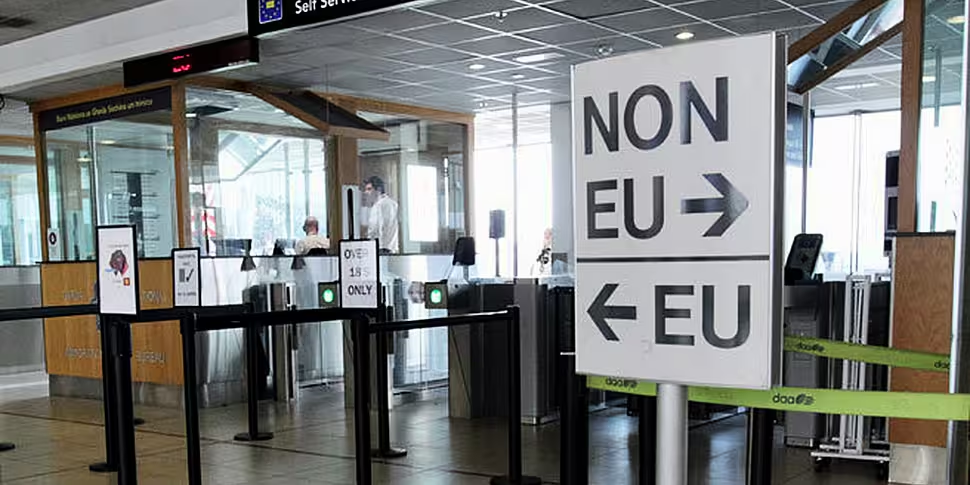The UK’s High Court will today hear the first legal challenge aimed at preventing a British withdrawal from the EU.
The case is an attempt to stop the government from signing article 50 of the Lisbon Treaty, which will trigger Brexit, without parliamentary approval.
The challenge has been brought on behalf of British citizen Deir Dos Santos.
The claim, according to the Guardian, will argue: “The result of the referendum is not legally binding in the sense that it is advisory only and there is no obligation [on the government] to give effect to the referendum decision.
“However the prime minister has stated on numerous occasions that it is his intention to give effect to the referendum decision and organise the United Kingdom’s withdrawal from the European Union.”
Prime Minister Theresa May indicated last week that Britain will only trigger the article once a "UK approach" has been agreed with Scotland.
Speaking ahead of her first cabinet meeting today, she said: "Brexit means Brexit and we're going to make a success of it.
"It will be the responsibility of everyone sitting around the cabinet table to make Brexit work for Britain.
"And it will also be their duty to deliver success on behalf of everyone in the UK, not just the privileged few.
"That is why social justice will be at the heart of my government.
"So we will not allow the country to be defined by Brexit; but instead build the education, skills, and social mobility to allow everyone to prosper from the opportunities of leaving the EU."
The cabinet meeting follows the resounding House of Commons vote on renewing Trident, in which a split Labour Party helped the government win by 472 votes to 117, a majority of 355.
Some 140 Labour MPs voted with the government: 47 voted against, 40 were absent and there was one formal abstention, meaning 74.2% of those Labour MPs who voted were in favour of replacing the nuclear deterrent.
Additional reporting by IRN









